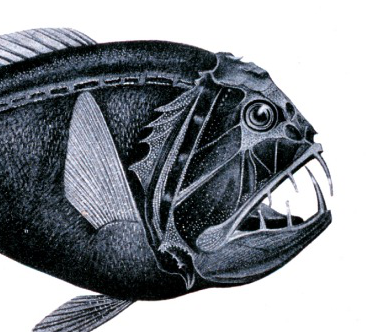
In the United States and other nations, policy-makers decide the fate of funding and other support for scientific research. Many of them do not have a background in science, but all of them are willing to listen to those who do (it’s their job!). Congressional Visits Days are an essential forum for scientists – marine, geology, and otherwise – to voice our arguments for why research and science education is so important in our society.
On Sept. 29-30, I participated in the Geosciences Congressional Visits Day (GeoCVD) program for 2015. I joined a diverse group of over 60 geoscientists that gathered in Washington, D.C. to learn how to speak to policymakers and how to craft our message requesting continued strong federal support for earth sciences.
Preparing our Message
The first day of the program consisted of a workshop including a Q&A panel session with U.S. Capitol office staffers. We were educated on how to talk to congressional staffers, and told what was happening on Capitol Hill that week so we would be informed. The workshop was well-organized, clear, and thorough. It was a great introduction to politics, and I learned a lot.
During the workshop, we got together in teams of 3-5, grouped by state or region where we are registered to vote. I am from San Diego, CA, so I was part of Team California 2. Each team received a carefully crafted schedule of appointments with staffers for the following day. We received folders for each office that we would visit, which included flyers about the broad importance of geoscience to the nation, which would be our informational “leave-behinds” for the staffers. We also were encouraged to include flyers, or anything from our own organizations or something we made ourselves, in the folders.
While at the training session, we worked with a guide from the American Geosciences Institute (AGI) who helped us craft our message to the staffers, including how we would each relate our careers and experiences to our respective districts, and ultimately, to federal funding. Overall, we were encouraged to offer ourselves as resources for the policymakers, and to follow up with them in the future.
Geoscientists visit the Capitol
Our team met early the next morning to walk to the first of six visits that day. Our group had people with a variety of scientific backgrounds — marine geology, hydrology, paleontology, chemistry, education, and communication. The other California team, which we joined for the two senate office meetings, even included a person representing the geoengineering industry.
Our guide was exceptional; she directed us around The Hill, informed us of certain policies we could use for our arguments, and kept us on track during the meetings, bringing us back to the main points and message.

Over the course of the day, I gained a new appreciation for everyone working in policy. Everyone was respectful — both the staffers and our scientists — and some of the staffers had some background in science and were well-informed, asking enthusiastic questions. Others had less experience with science, but were equally as enthusiastic and listened closely. “You’re definitely educating me today,” one staffer said while she leafed through the leave-behinds.
For me, the highlight of the day was visiting U.S. Rep. Eric Swalwell’s office. He took time to personally welcome us, even during such a hectic week in Congress. We had gone into the day not expecting to see or meet any congressmen or congresswomen, so it really made us feel supported.
At the end of the day, the various teams met up for a happy hour reception, where we could get off our tired feet and talk about our experiences and successes. We felt that overall it was indeed a very successful day.
You can attend, too!
The event is annually organized by several prominent geoscience organizations including AGI, the American Geophysical Union (AGU), and the Geological Society of America (GSA). Any geoscientist or student is encouraged to attend, though you must sign up well ahead of the event, around August.
As a first-timer, I would highly recommend participation in next year’s event to anyone with any investment in the geosciences, marine or otherwise. As for myself, I will be on the flipside next year, taking a policy fellowship and hopefully listening to the messages of many
scientists and students. I hope they will have as fantastic and informative of an experience as I had for GeoCVD 2015.
To read about another Congressional Visits Day experience and what you can do to prepare, click here.
Zoe has an M.S. in Oceanography and a B.S. in Geologic Oceanography from URI, with a minor in Writing and Rhetoric. She was recently a Knauss Marine Policy Fellow in the US House of Representatives, and now work at Consortium for Ocean Leadership. When not writing and editing, Zoe enjoys rowing, rock climbing, skiing, and reading.
